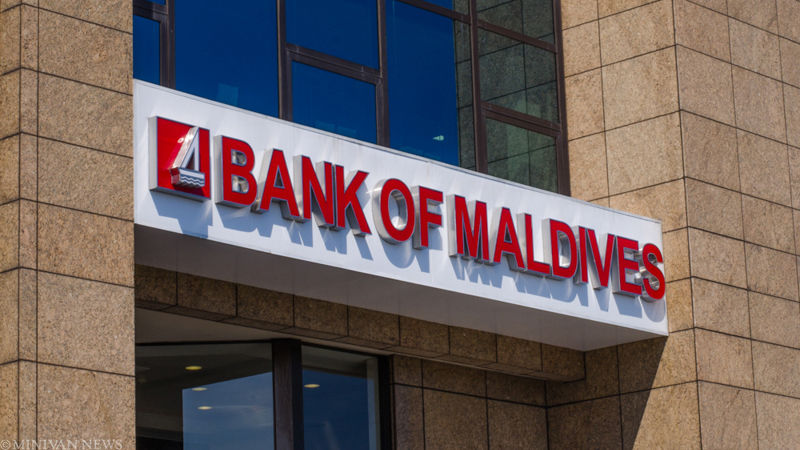Government borrows US$52m for ‘short-term financing’
The loan was taken from the Bank of Maldives on March 28 to settle unpaid bills and “manage cash flow,” according to information shared by the finance ministry with parliament’s public accounts committee.

15 Jun 2017, 9:00 AM
The government has borrowed MVR800 million (US$51.8 million) from the Bank of Maldives to settle unpaid bills.
The finance ministry told the parliament’s public accounts committee Tuesday that the government owed MVR627 million (US$41 million) to various parties at the end of 2016 along with MVR377 million (US$24 million) owed as of March 8.
“Therefore, this loan was taken for the purpose of making the abovementioned payments and to manage the state’s cash flow in the short-term,” the finance ministry informed the oversight committee in a letter seen by the Maldives Independent.
The loan was unforeseen in the 2017 budget and obtained despite record levels of tax revenue.
Become a member
Get full access to our archive and personalise your experience.
Already a member?
Discussion
No comments yet. Be the first to share your thoughts!
No comments yet. Be the first to join the conversation!
Join the Conversation
Sign in to share your thoughts under an alias and take part in the discussion. Independent journalism thrives on open, respectful debate — your voice matters.




